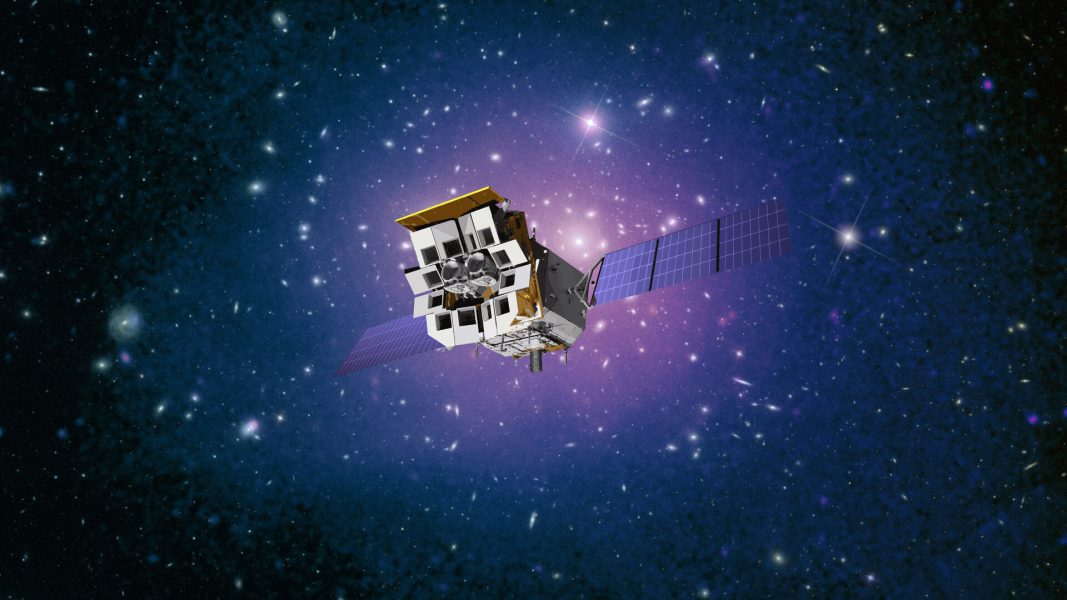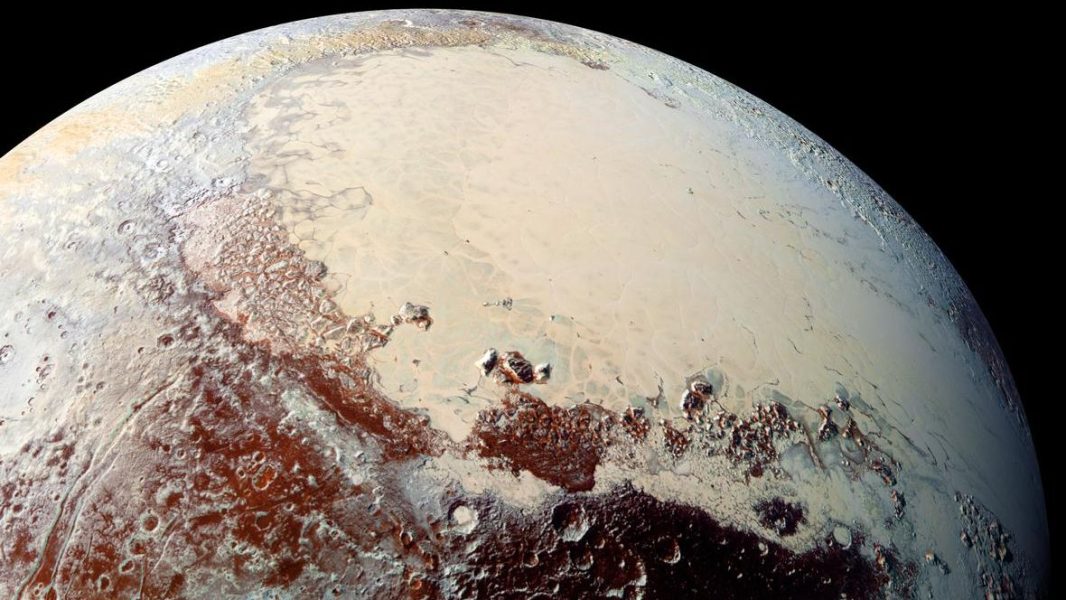NASA Was Right! New Discovery Suggests Water Once Existed in Deep Space – The Daily Galaxy –Great Discoveries Channel

What if the building blocks of life didn’t start on Earth but came from deep space? A groundbreaking discovery on asteroid Ryugu suggests that something vital may have existed far beyond our planet long before life began. But how did it get there, and what does it mean for the search for extraterrestrial water—and life?Japanese researchers have discovered salt minerals on the asteroid Ryugu, suggesting that liquid water may have once been present on its parent body. The finding, based on samples collected by Japan’s Hayabusa2 mission, provides new clues about the history of water in the solar system and its potential role in the formation of planets and moons.The research team from Kyoto University analyzed grains of sodium carbonate, halite (rock salt), and sodium sulfates within the material retrieved from Ryugu. These minerals typically form in the presence of liquid water, indicating that the asteroid’s parent body may have contained water billions of years ago before it evaporated or froze.According to planetary scientist Toru Matsumoto, the salt crystals help scientists understand how and when water vanished from Ryugu’s parent body. This discovery supports the idea that Ryugu was once part of a larger celestial object that may have experienced hydrothermal activity or interactions with water-rich environments.The presence of these salt minerals is not just an isolated finding—it aligns with discoveries on other celestial bodies that could hold vast subsurface oceans. Scientists believe similar salty deposits could exist on:These worlds are considered some of the most promising locations for extraterrestrial life due to their potential to support stable liquid water environments. The Ryugu discovery strengthens the hypothesis that water was once widespread across the solar system—and may still persist in hidden reservoirs.Japan’s Hayabusa2 spacecraft launched in 2014 and arrived at Ryugu in 2018, where it conducted sampling operations before returning to Earth in 2020 with more than five grams of asteroid material. Since then, scientists have been meticulously studying the samples to uncover insights into solar system evolution and planetary formation.The detection of salt minerals builds on previous findings that Ryugu contains organic molecules and carbon-rich compounds.The discovery also raises intriguing questions about how Earth’s early oceans may have formed. Some researchers believe that water-rich asteroids and comets bombarded the young Earth, depositing the essential components that later gave rise to oceans and possibly even prebiotic chemistry.By studying the chemical makeup of Ryugu’s minerals, scientists can compare them to Earth’s oldest rocks and meteorites to piece together a clearer picture of how our planet’s water cycle began. If similar mineral compositions are found, it would support the theory that Earth’s primordial seas had extraterrestrial origins.The success of Hayabusa2 has paved the way for future asteroid sample-return missions, including:These missions aim to deepen our knowledge of asteroids, planetary building blocks, and the distribution of water in the cosmos. The more we learn, the closer we get to answering one of the most fundamental questions: How did life emerge in the universe?The discovery of salt minerals on Ryugu is a small but crucial piece in the puzzle of our solar system’s history. As scientists continue to analyze asteroid samples, they could unlock more secrets about the origins of water, life, and the formation of planets.With upcoming missions set to explore new celestial bodies, researchers are on the brink of uncovering even more evidence of how the fundamental ingredients of life may have been distributed across the solar system—and possibly, beyond.Comment Save my name, email, and website in this browser for the next time I comment.
© 2024 | Daily Galaxy | All rights reserved
Source: https://dailygalaxy.com/2025/02/discovery-suggests-wate-existed-deep-space/





